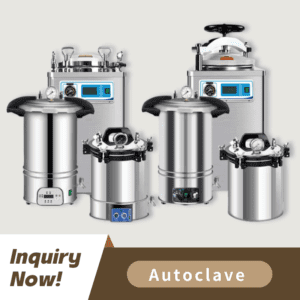
Industrial autoclaves function as large-scale high-pressure sterilization units meant to destroy bacteria and viruses along with other microorganisms found on medical and laboratory equipment. Through steam and pressure these machines sterilize healthcare tools to maintain safety and hygiene standards.
Industrial autoclave sterilization consists of three fundamental steps.
Šildymas: Steam fills the autoclave chamber and raises its temperature to the predetermined level.
Pressurization: The autoclave chamber undergoes pressurization to allow steam to reach all surfaces of the equipment being sterilized.
Sterilizacija: The equipment undergoes exposure to high-temperature steam for a set period which effectively destroys all microorganisms.
Industrial autoclaves serve multiple industries for diverse applications.
Reusable equipment together with medical tools and surgical instruments undergo sterilization.
Ensuring compliance with strict hygiene standards.
Sterilizing laboratory equipment and waste.
Preventing cross-contamination in research and testing processes.
Sterilization of production materials and packaging.
Ensuring products meet safety regulations and industry standards.
Industrial autoclaves boast the capability to process massive amounts of equipment which makes them perfect for hospitals and both laboratory and production settings.
Manufacturers equip modern autoclaves with programmable control systems which enable users to tailor sterilization cycles to meet precise needs.
Industrial autoclaves feature energy-saving systems to lower operational expenses while preserving excellent performance.
Industrial autoclaves incorporate premium materials so they can operate efficiently for extended periods without performance degradation.
Industrial autoclaves fully sterilize medical equipment to lower contamination and infection risks.
Businesses can adhere to strict healthcare safety standards by implementing industrial autoclaves.
The sterilization capabilities of industrial autoclaves allow businesses to reuse equipment instead of purchasing disposables which leads to sustained cost reductions.
Industrial autoclaves can effectively sterilize diverse materials like metal, glass, and some plastic varieties.
Business owners should evaluate several factors when selecting an industrial autoclave for their operations.
Estimate how much equipment you need to sterilize daily to select an autoclave with sufficient capacity.
Verify that your autoclave conforms to recognized international sterilization standards including ISO 13485 and EN 285.
Select autoclaves with power-saving capabilities to reduce the costs of operation.
Select a supplier who delivers dependable maintenance services along with expert technical support.
The use of industrial autoclaves is crucial for preserving the cleanliness and safety standards of medical devices. Distributors, resellers and procurement professionals who invest in high-quality autoclaves can meet healthcare standards and optimize expenses. Contact us if you need dependable and effective industrial autoclaves.
Industrial autoclaves are designed for long-term use and can last 10–15 years or more with proper maintenance.
Industrial autoclaves are effective for sterilizing metal, glass, and certain plastics. However, some materials may not withstand high temperatures and pressure.
Regular maintenance is essential for optimal performance. It is recommended to schedule maintenance at least once a year or as per the manufacturer’s guidelines.
Many modern industrial autoclaves are designed with energy-efficient features, reducing their environmental impact.
Yes, most industrial autoclaves come with programmable control systems, allowing users to customize sterilization cycles based on their requirements.
For more information about industrial autoclaves or to request a quote, please contact us:
El. paštas: inquiry@shkeling.com
"WhatsApp": Spustelėkite čia, jei norite kalbėtis
Svetainė: https://autoclaveequipment.com/
Let us help you find the perfect sterilization solution for your business!

Sterilizacija yra esminis infekcijų kontrolės praktikos elementas tiek sveikatos priežiūros įstaigose, tiek laboratorijose. Sterilizacija autoklave naudojant garus yra veiksminga daugeliu atvejų, tačiau ji nėra optimali, kai
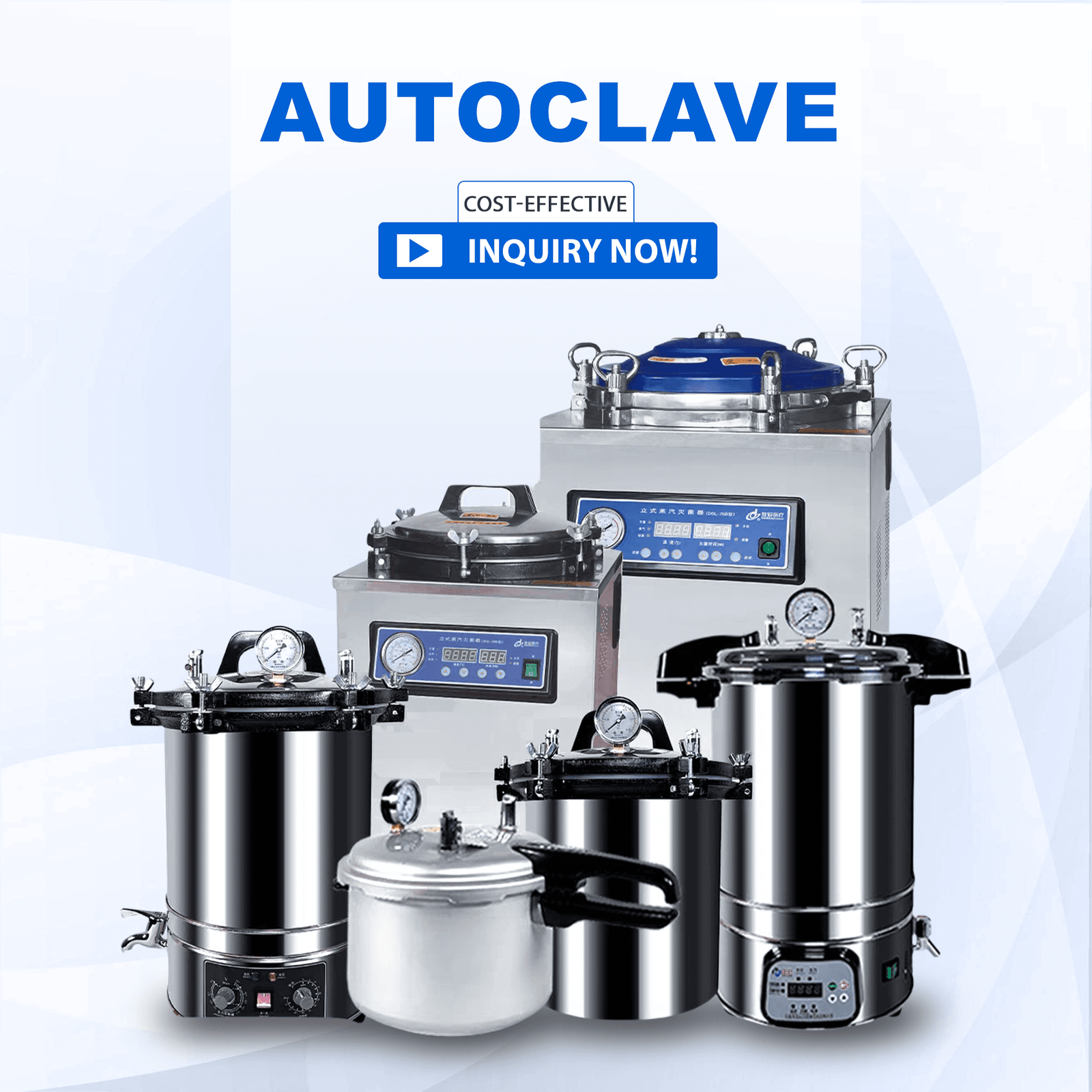
Medicinos specialistai visame pasaulyje pasitiki autoklavais kaip svarbiausiomis priemonėmis, užtikrinančiomis medicinos instrumentų saugą ir sterilumą. Medicinos prietaisų platintojai ir pirkimų specialistai turi suprasti autoklavų veikimo principus ir privalumus

Dėl sveikatos priežiūros pažangos labai svarbu, kad medicinos instrumentai visada būtų saugūs ir sterilūs. Medicinos prietaisų platintojai, prekiautojai ir viešųjų pirkimų specialistai turi išmanyti sterilizacijos metodus, kad galėtų veiksmingai dirbti. Svetainėje
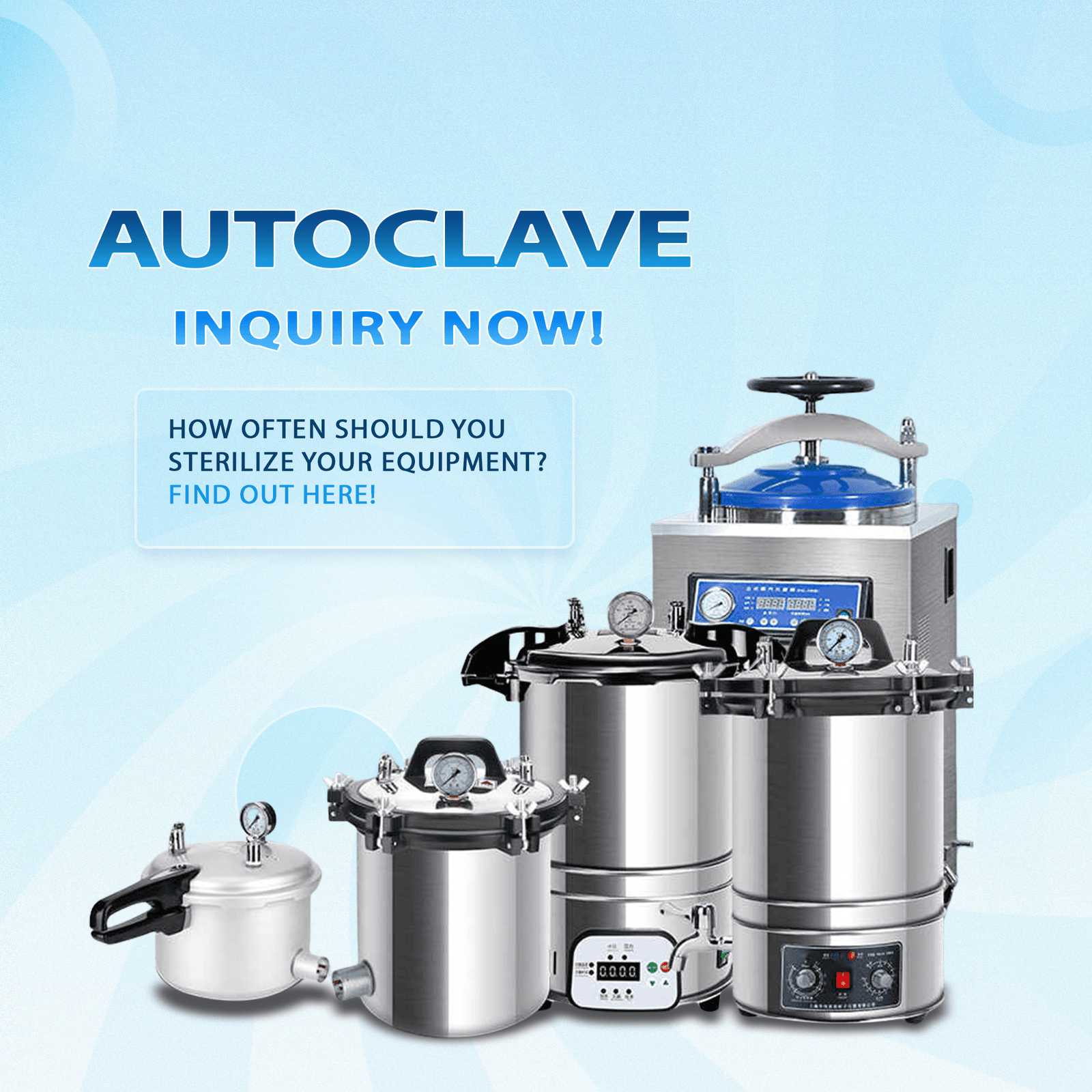
Medicinos prietaisų ir instrumentų sterilizacijai reikalingi autoklavai, nes jie apsaugo pacientų saugą ir padeda laikytis reguliavimo standartų. Sudėtingiausios autoklavų sistemos vis dar turi tam tikrų apribojimų. Medicinos prietaisų platintojai,
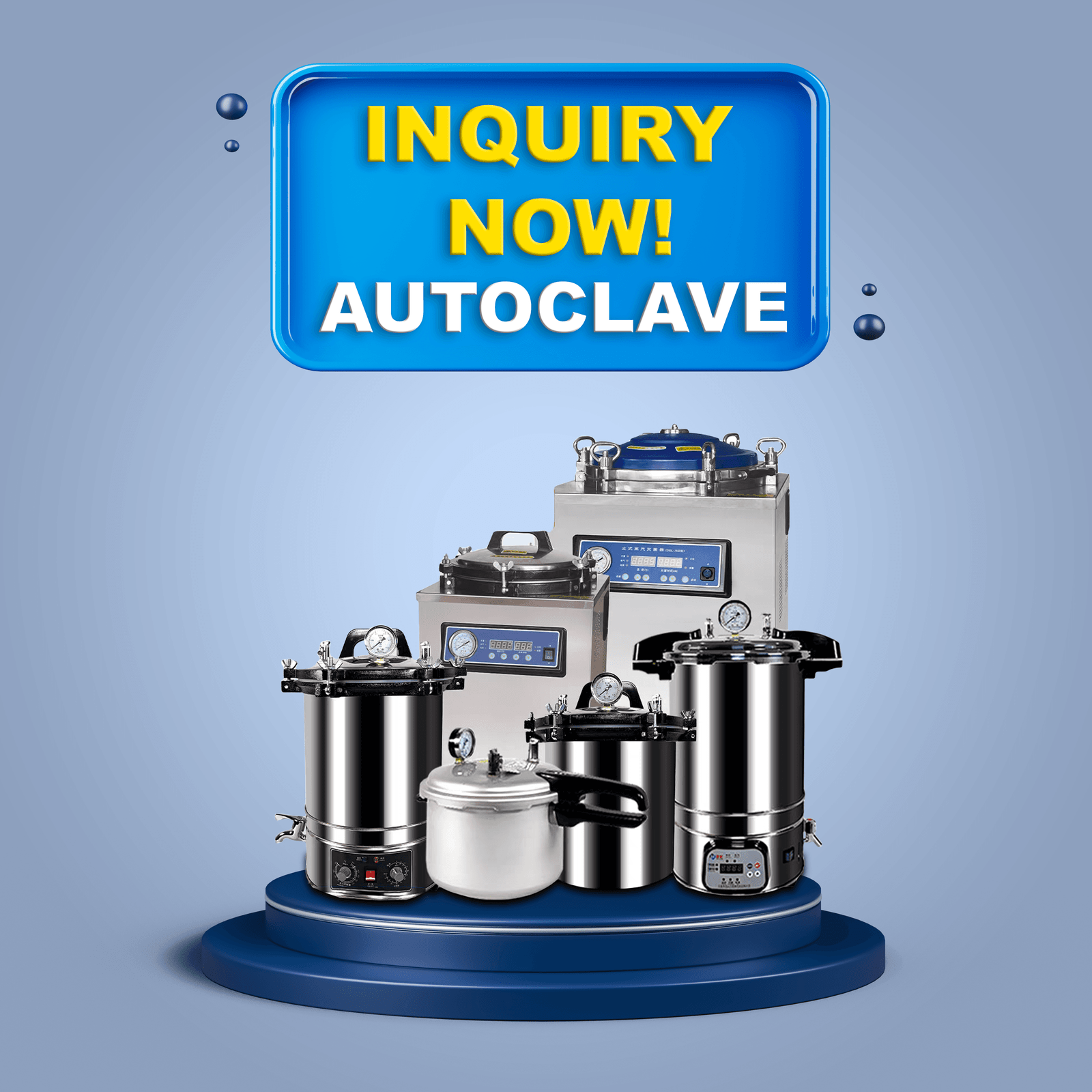
Medicinos prietaisų gamyboje autoklavai yra labai svarbi įranga, nes jie užtikrina nuoseklią įvairių instrumentų ir medžiagų sterilizaciją. Autoklavai naudoja aukšto slėgio prisotintus garus, kad sunaikintų bakterijas, virusus, grybelius ir grybelius.
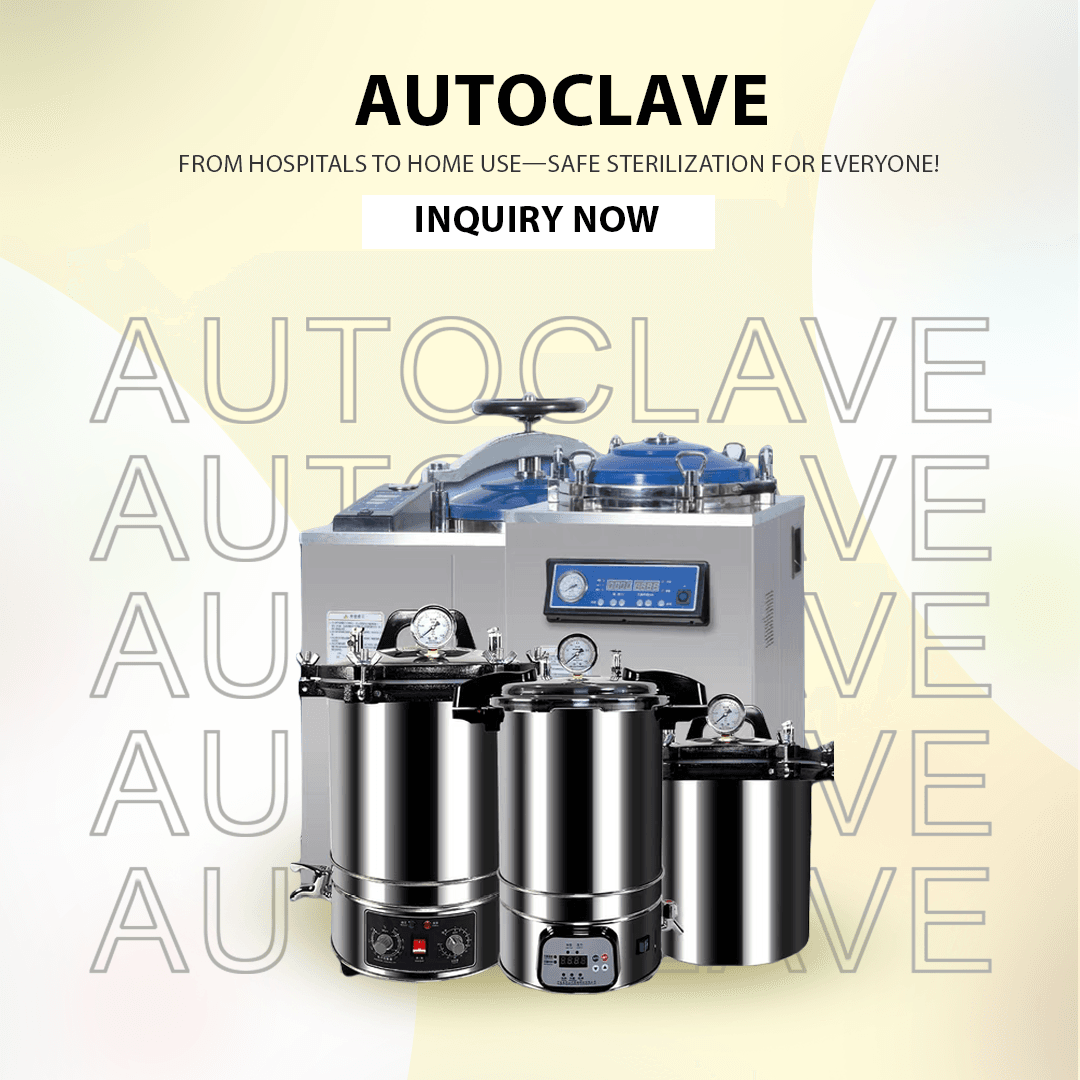
Autoklavai yra labai svarbūs prietaisai sveikatos priežiūros ir mokslo įstaigose, nes juose nuolat sterilizuojami instrumentai ir medžiagos. Medicinos įrangos platintojai, pardavėjai ir pirkimų specialistai turi pasirūpinti, kad autoklavai veiktų